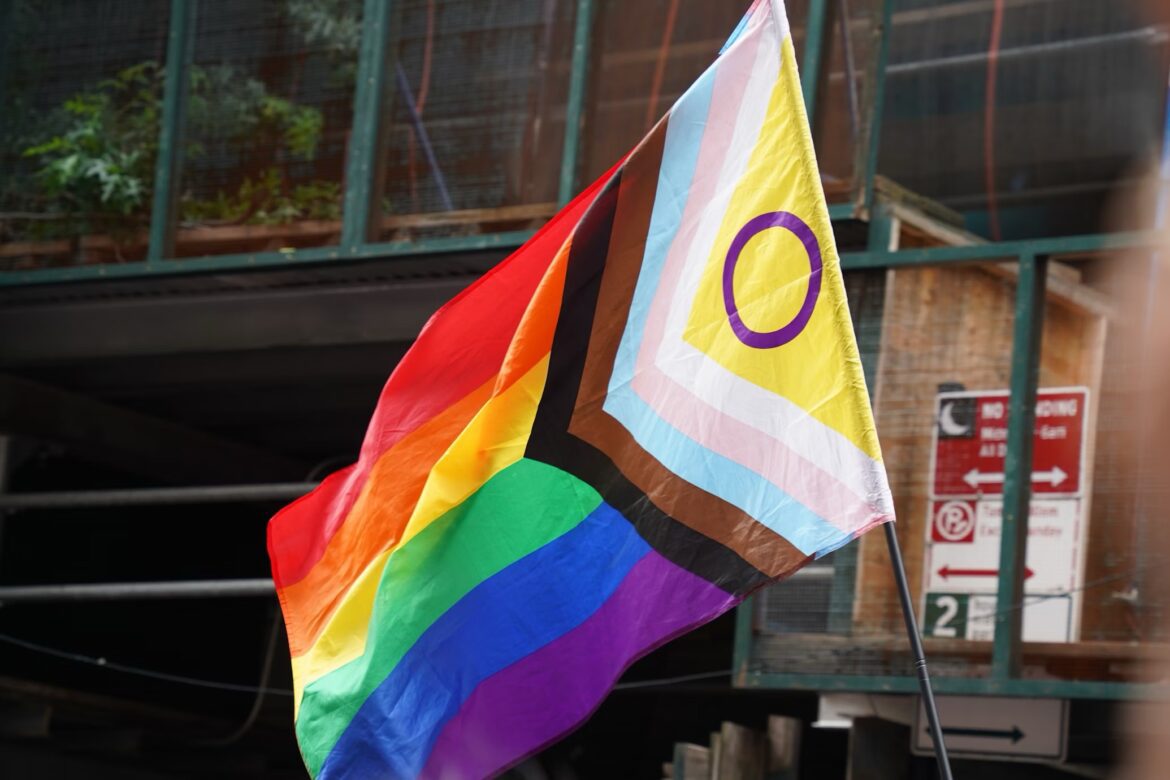The European Commission has sparked controversy with its new LGBTIQ+ equality strategy for 2026-2030, which includes provisions to support gender recognition procedures without age restrictions across member states.
Published on Wednesday, the strategy document states the Commission will facilitate exchanges of best practices among member states to support legal gender recognition procedures based on self-determination that are free from age restrictions. The move has drawn criticism from campaigners concerned about children’s safeguarding.
The strategy document declares the Commission will foster best practice exchanges between member states on how to put in place accessible legal gender recognition legislation and procedures based on the principle of self-determination and without age restrictions.
The document notes that requirements for legal gender recognition vary significantly across member states, with some having adopted self-determination models whilst others impose medical procedures which the European Court of Human Rights has found may infringe human rights.
Currently, legal gender recognition laws across Europe vary dramatically. Twelve countries including Belgium, Denmark, Finland, Germany, Iceland, Ireland, Luxembourg, Malta, Norway, Portugal, Spain and Switzerland have established legal gender recognition procedures based on self-determination. Nine countries have no age restriction for legal gender recognition.
Maya Forstater, chief executive of Sex Matters, a British organisation campaigning for sex-based rights, described the strategy as troubling. The gender-critical activist, who won a landmark employment tribunal case establishing that gender-critical beliefs are protected under equality law, has been vocal about concerns regarding children and gender identity policies.
The Athena Forum, a European organisation focused on sex-based rights, has also raised concerns about the strategy. The group argues that gender identity frameworks have been integrated into European Union and Council of Europe policies largely behind closed doors, with new norms being introduced through soft law instruments such as guidelines, strategies and recommendations rather than through open legislative debate.
The strategy also addresses what are termed conversion practices. The Commission states it will analyse conversion practices, which seek to forcibly change people’s sexual orientation or gender identity, and consider appropriate measures as well as considering the European Citizens’ Initiative to ban such practices.
Eight EU member states, Belgium, Cyprus, France, Germany, Greece, Malta, Spain and Portugal, have now banned conversion therapy practices, whilst in Spain many regions have had administrative bans for quite some time. However, definitions of what constitutes conversion therapy vary between countries, raising questions about which interventions might be restricted.
The proposals have not yet been ratified by national governments. Whilst the strategy sets out the Commission’s policy direction, implementation would require agreement from member states and may face resistance in countries where gender recognition laws remain more restrictive.
In the United Kingdom, which left the EU in 2020, recent policy has moved in a different direction. NHS England adopted a new clinical commissioning policy that prevents the prescribing of puberty suppressing hormones to children and young people under 18 years of age for gender incongruence or gender dysphoria, with the ban made indefinite in December 2024 following the Cass Review.
From around the age of 16, young people with a diagnosis of gender incongruence or gender dysphoria who meet various clinical criteria may be given gender-affirming hormones alongside psychosocial and psychological support on the NHS, though this is subject to extreme caution and review by a national multidisciplinary team.
The European Commission’s strategy is part of its broader Union of Equality initiative. The 2026-2030 strategy builds on the previous strategy for 2020-2025 and aims to mainstream LGBTIQ+ equality across all EU policies, protecting LGBTIQ+ people from hate-motivated harassment and violence, discrimination and conversion practices.
IGLYO, the international LGBTQI youth and student organisation, welcomed the strategy but noted it fails to include concrete actions to promote legal gender recognition based on self-determination or to explicitly ban intersex genital mutilation.
The debate over legal gender recognition for children remains highly contentious across Europe, with proponents arguing it protects vulnerable young people from discrimination whilst critics express concerns about safeguarding and child development. The Commission’s approach of facilitating best practice exchanges rather than imposing uniform rules recognises these divergent views amongst member states.
As the strategy moves forward, implementation will depend on political will at national level and the willingness of member states to adopt reforms to their gender recognition laws. Given the current political climate in several European countries, reaching consensus on these issues is likely to prove challenging.
Follow for more updates on Britannia Daily



